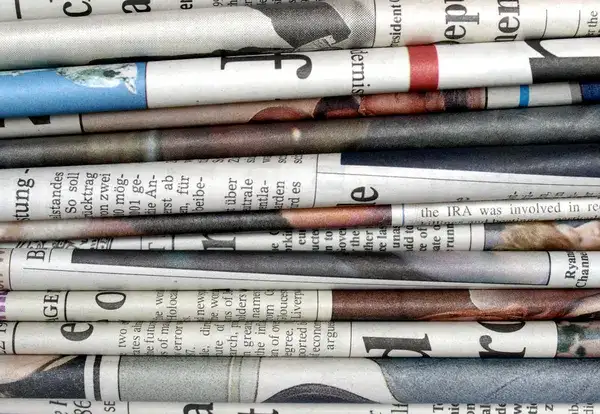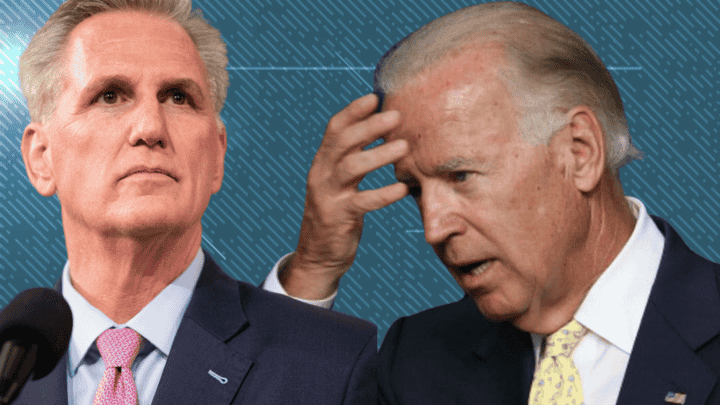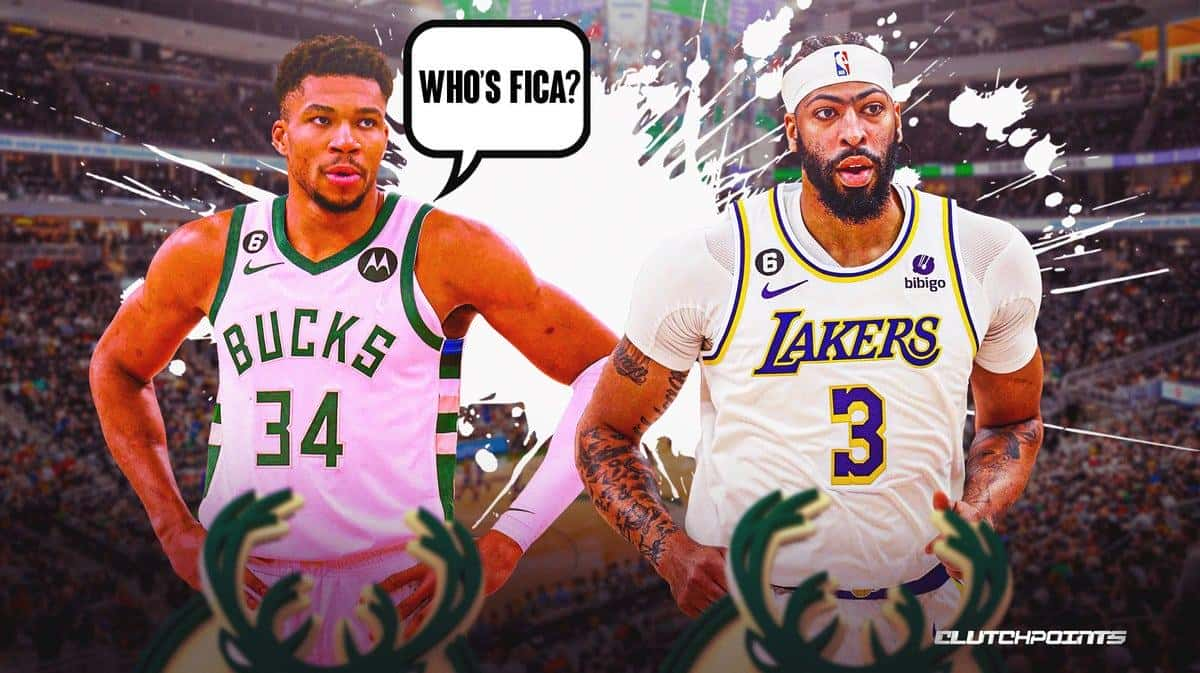After deciding to block trades for GameStop on Jan. 28, the popular investing service Robinhood became the center of the controversy. Traders on Reddit began hurriedly buying the video game retailer’s stock, sending its stock skyrocketing. GameStop’s stock has since plummeted before rebounding.
When a group of Reddit users spotted an opportunity to make money while also taking a shot at Wall Street and hedge funds, they turned to Robinhood for help. However, Robinhood took the unexpected decision to limit GameStop purchases, citing stock volatility and regulatory restrictions as reasons. Robinhood has been examined by users, authorities, and lawmakers as a result of its role in the trading frenzy.
The big questions regarding Robinhood, its conduct, and what might happen next have been answered.
What Exactly Is the Story of Robin Hood?
Robinhood is a 2015 investment app. It’s popular with millennials, who account for the bulk of its customers, and it allows them to make a range of investments for free. Here’s a link to more information on Robinhood.
What Went Wrong with Game Stop and Robinhood?
On the morning of January 28, Robinhood published a blog post stating that it was restricting consumers’ ability to purchase stocks from many businesses, including GameStop, AMC, and Nokia. Customers would only be able to sell their shares of these companies, not buy or trade-in any other way, citing “market volatility” as justification (more below).

“Due to recent volatility, we are restricting transactions for certain stocks, such as $AMC, $BB, $BBBY, $EXPR, $GME, $KOSS, $NAKD, and $NOK, to position closing only,” Robinhood said. Along with AMC, Bed, Bath & Beyond, GameStop, and Nokia, Robinhood also offered BlackBerry, Express, Koss, and Naked Brand Group as ticker symbols.
Why Were Customers of Robinhood Unable to Purchase Game Stop Stock?
On the 29th of January, Robinhood published a new blog entry about the incident. The company explained that it needed to have a large amount of cash on hand to process all of the deals that went through its clearinghouse, which sends shares and money back and forth to other clearinghouses to complete trades.
In light of current market volatility, we are restricting transactions for certain securities to position closing only, including $AMC and $GME. Read more here.https://t.co/CdJMjGAeFH
— Robinhood (@RobinhoodApp) January 28, 2021
On the Good Time Show with Tesla CEO Elon Musk via the private audio-only Clubhouse app on Jan. 31, Robinhood CEO Vlad Tenev went into greater detail.
“At 3:30 a.m. Pacific, our operations receive a file from the NSCC,” he claimed on the show. “So they provided us a file with a deposit, and the request was around $3 billion, which is an order of magnitude higher than it usually is.”
Robinhood had only raised $2 billion in funding up to that point, according to Tenev. He went on to say that the NSCC has a formula for calculating how big of a deposit it needs, and one of the components is risk, which can operate as a multiplier.
In this case, he said, “we didn’t have an option.” “We have to meet our regulatory capital requirements,” says the company.

According to Tenev, the agency has been working with Robinhood to reduce the amount of money required since then. In addition, the corporation secured $1 billion in emergency funds to ensure that customers’ trades could take place.
When Did Robinhood Reintroduce the Ability to Trade Game Stop Stock?
In the afternoon of Jan. 28, Robinhood sent out an email to customers informing them that “limited buying” of the company’s stock would be available the next day. There were no trading options, no borrowing money on credit (also known as margin), no recurrent investments, and no fractional shares, which are pieces of a company that can be purchased for as little as a dollar.
On Friday, February 3, Robinhood increased the maximum number of shares authorized for all firms, with GameStop’s cap being increased to 500 total shares. The other limitations remain in effect.
Who Is Robin Hood’s Nemesis?
Quite a few individuals. Big users of Robinhood who felt slighted by the decision may be found on the subreddit r/WallStreetBets, which is fueling GameStop’s rising stock value.
The freeze damaged tiny traders and benefitted the Wall Street establishment, according to the subreddit’s Twitter feed. Individual investors’ ability to trade on the Robinhood app is being taken away, according to a tweet. “Hedge funds and institutional investors, on the other hand, can continue trading as usual.”

Users of Robinhood left a slew of unfavorable app reviews on Google Play and Apple’s App Stores. Because there were so many one-star reviews, Google took action and removed tens of thousands of them.
A lawsuit was filed in the Southern District of New York on Jan. 28 alleging Robinhood “purposefully, intentionally, and knowingly deleting the stock ‘GME’ off its trading platform in the midst of a historic stock surge… robbed retail investors of the option to invest in the open market.”
A hearing on Robinhood’s activities has been requested by several members of Congress, including Rep. Alexandria Ocasio-Cortez, Rep. Rashida Tlaib, and Sen. Ted Cruz.
Read More: Oliver Tree Controversy: He Expresses Regret for Using a Photo from Jonghyun’s Funeral
What Other Investing Platforms, Like Robinhood, Have Restrictions on Trades?
In a similar way to Robinhood, other investment apps and platforms had trouble clearing deals. Due to AMC and Nokia’s broker, Axos, suspending operations, Cash App tweeted it would not process trades for them.
The business tweeted, “The clearing broker who processes our trades, Axos, has temporarily suspended buying of $AMC & $NOK.” “We strongly oppose this move, which was not made by Cash App. We intend to reintroduce these stocks as soon as possible.”

According to a Cash App blog post, the Depository Trust Company (DTC) warned Axos that the capital requirements for the trades it would be processing would need to be significantly increased.
Read More: check here for more information on pelhamplus.com



